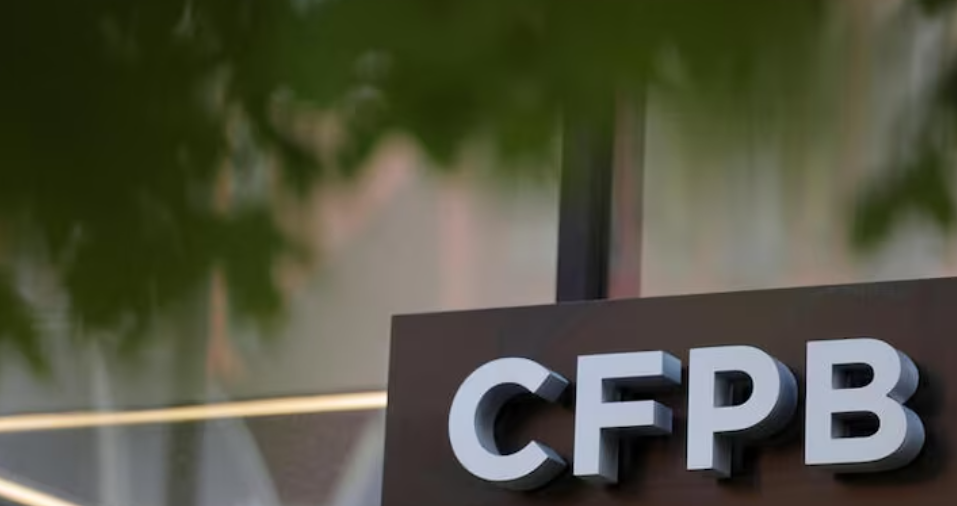On Friday, a divided federal appeals court declined the U.S. Consumer Financial Protection Bureau’s request to reconsider its ruling that held a Texas judge wrongly transferred a banking industry-backed lawsuit challenging the agency’s new rule capping credit card late fees at $8 to Washington, D.C.
On a 2-1 vote, the New Orleans-based 5th U.S. Circuit Court of Appeals rejected the CFPB’s request to reconsider the court’s April 5 ruling, opting instead to make minor changes to its opinion that did not disturb the ultimate result.
The panel acted on the CFPB’s request days after giving U.S. District Judge Mark Pittman in Fort Worth a May 10 deadline to decide whether to issue a preliminary injunction sought by the U.S. Chamber of Commerce, American Bankers Association, and others blocking the rule from taking effect on May 14.
The judge, appointed by Republican former President Donald Trump, had avoided considering that request when he ordered the case transferred out of his Texas court to a judge in Washington, D.C. Before doing so, however, the plaintiffs had lodged an appeal with the 5th Circuit, arguing that Pittman had effectively denied them the speedy order blocking the rule they sought by assessing venue before their injunction request.
In its April 5 ruling, the 5th Circuit panel agreed, with two Trump appointees, U.S. Circuit Judges Don Willett and Andrew Oldham, in the majority.
The CFPB then asked the panel to reconsider, stating that the decision was based on a “factually flawed” premise that the plaintiffs needed a ruling by the “manufactured” date of March 29. Willett revised his initial opinion’s description on Friday, noting that the issuers had sought a prompt ruling because they “represented that the process of updating all printed disclosures would take time.” However, U.S.
Circuit Judge Stephen Higginson, appointed by Democratic former President Barack Obama, countered in a new addition to his original dissenting opinion that “the timing of those changes is elective, and untethered to the Rule’s effective date.”
The CFPB and Chamber did not respond to requests for comment. At issue is a CFPB rule targeting what the agency has called “excessive” fees credit card issuers charge for late payments, estimated to cost consumers $12 billion per year. Under the rule, credit card issuers with more than 1 million open accounts can only charge $8 for late fees, unless they can prove higher fees are necessary to cover their costs. Issuers previously could charge up to $30 or $41 for subsequent late payments. The business groups filed their lawsuit in Fort Worth, whose two sole active federal judges were appointed by Republican presidents and have often ruled in favor of conservative litigants challenging Democratic President Joe Biden’s agenda.

